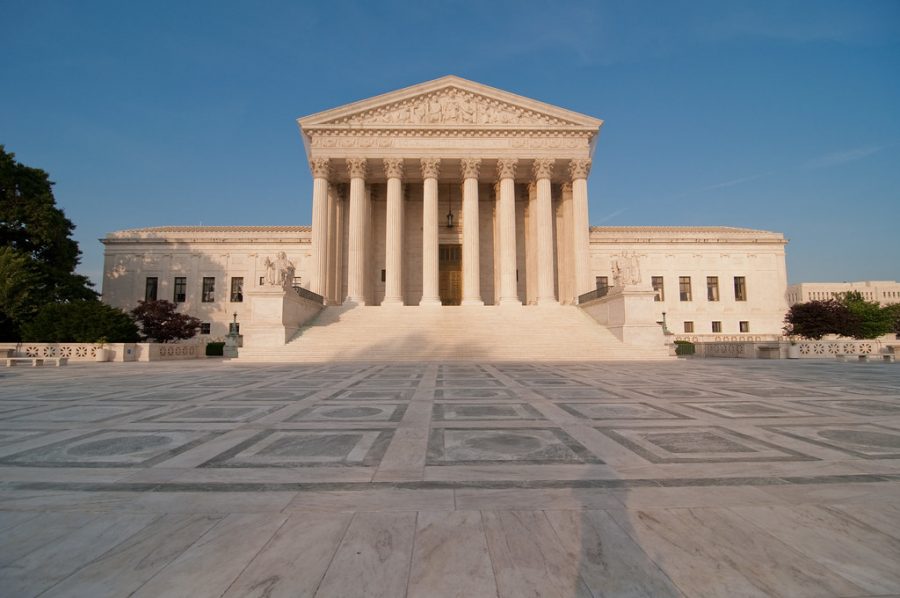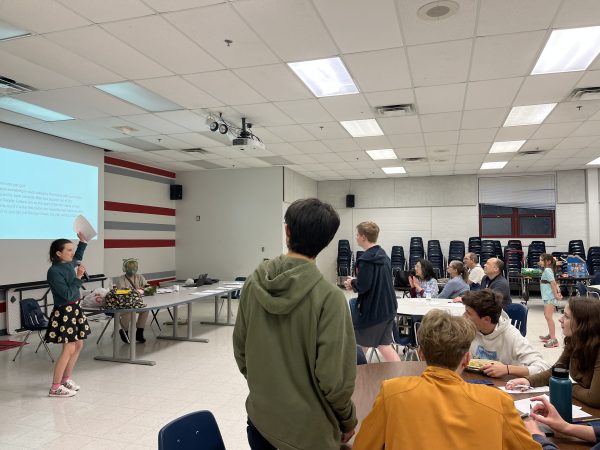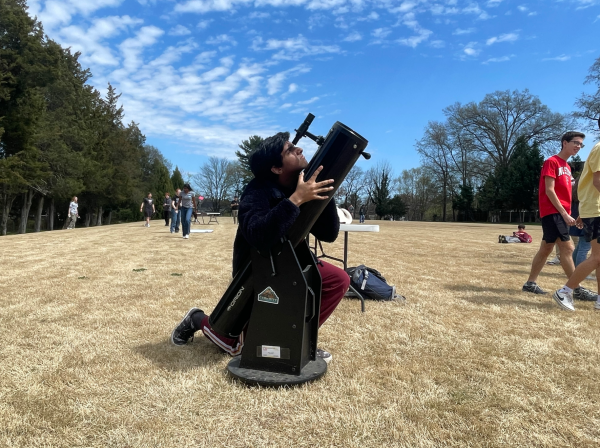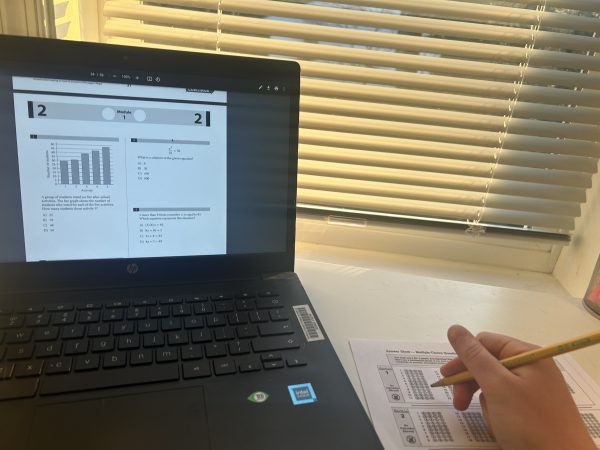Trump challenges swing state votes
Trump contests the results of the election on account of fraudulent ballots
The Trump campaign pushes to get a hearing in the Supreme Court. The Supreme Court hasn’t heard an election contention case since Bush v. Gore in 2000. (Image obtained via Creative Commons)
November 14, 2020
Former Vice President Joe Biden was nominated as president-elect on Nov. 7th, but this election is far from over. President Trump and his legal team have sent a barrage of lawsuits, hoping to overturn election results, in major swing states like Pennsylvania, Nevada, Georgia, and Michigan. These lawsuits demand, at the very least, that polling observers are given full access to ballot recounting, and at a maximum, to throw out a large number of “fraudulent” mail-in ballots.
However, some court cases in Michigan and Nevada have already been thrown out by the state’s Supreme Court due to lack of evidence.
This doesn’t stop Trump from repeatedly expressing his opinion on the election results through Twitter.
“REPORT: DOMINION DELETED 2.7 MILLION TRUMP VOTES NATIONWIDE. DATA ANALYSIS FINDS 221,000 PENNSYLVANIA VOTES SWITCHED FROM PRESIDENT TRUMP TO BIDEN. 941,000 TRUMP VOTES DELETED. STATES USING DOMINION VOTING SYSTEMS SWITCHED 435,000 VOTES FROM TRUMP TO BIDEN.” @ChanelRion @OANN
— Donald J. Trump (@realDonaldTrump) November 12, 2020
Trump’s tweets have caused controversy due to their misleading and groundless claims about the election.
“[Trump] is really confusing a lot of people when he is constantly putting out information contradicting the media,” junior Nathan Nguyen said.
The Trump campaign’s goal is to get to the Supreme Court and contest the results of the election in certain states. With the Supreme Court being split 6-3 in favor of Republicans, a verdict in their favor doesn’t seem completely far-fetched.
The only problem is that legal proceedings take months to get processed and appealed to the Supreme Court. Trump only has weeks.
“I don’t think it’s possible for Trump to make any ground in the Supreme Court given the circumstances,” junior Ryan Sribar said.
Dates are critical in appealing to the Supreme Court as demonstrated by the 2000 presidential election. Democratic nominee Al Gore contested the results in Florida, but the Supreme Court ruled that since the state had submitted their certification of the election, it was too late to change the results.
“[Bush v Gore] established a precedent that election results can’t be contested after the states have officially certified [them],” history teacher Zack McNamara said.
So in a state like Pennsylvania, Trump has until November 23rd to get a court case all the way up to the Supreme Court and contest the results in that state.
In short, Trump has a very low chance of winning a Supreme Court case and has little time to do it. These are most likely the last pushes to maintain power of a lame-duck president.













